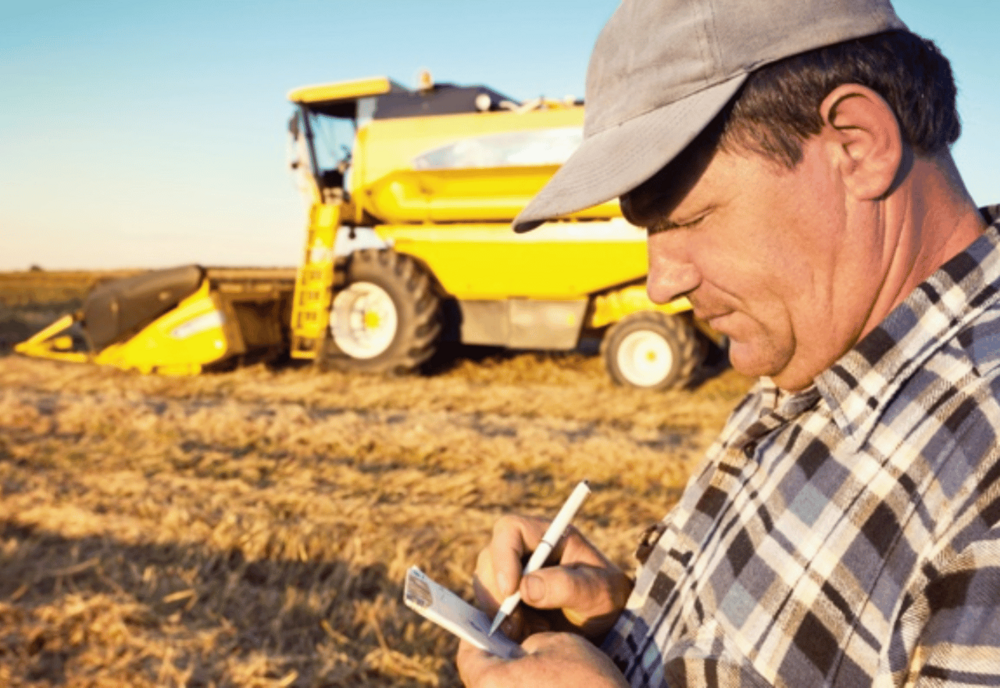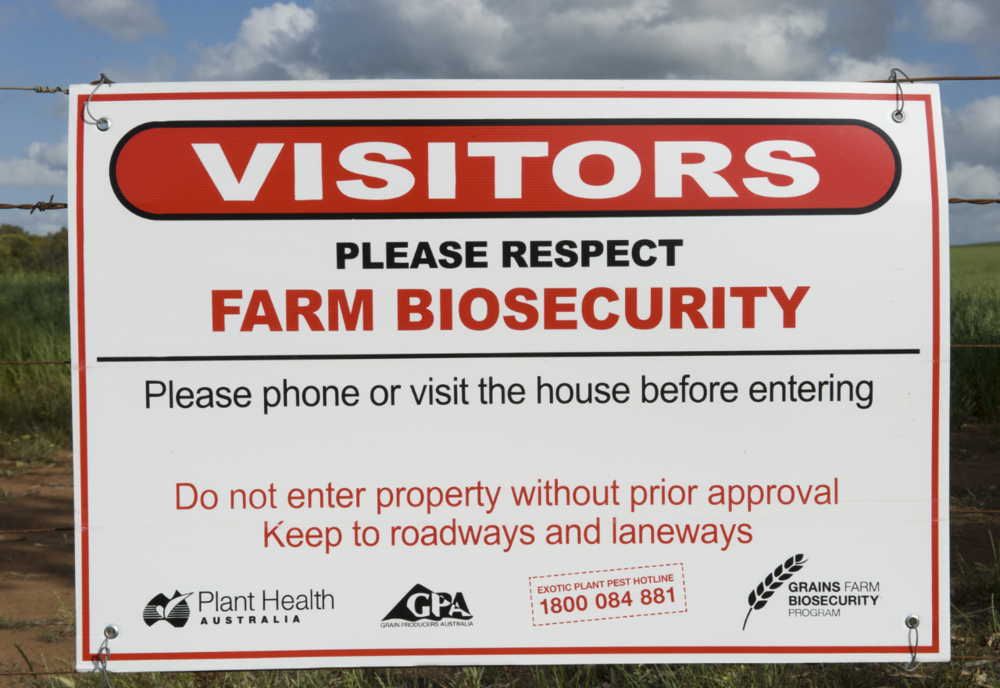"It's a tax, not a levy" - Agricultural groups furious at proposed new biosecurity hit
Luke Williams
17 December 2023, 8:20 PM
 Debate flares about who should cover the nation's escalating biosecurity costs. IMAGE: Curtin University
Debate flares about who should cover the nation's escalating biosecurity costs. IMAGE: Curtin UniversityAgricultural groups have united in their call for the Federal Government to “urgently” re-consider what the government calls a Biosecurity Levy in the wake of a new Productivity Commission report.
The new Biosecurity Protection Levy is slated to commence from 1 July 2024.
In a statement released in August the Government said “This levy will see producers join taxpayers and risk creators, such as importers, in delivering a fairer system of funding for the biosecurity system”.
It explained 44% of the biosecurity system cost will be covered by ongoing taxpayer funding, importers will be paying 48%, producers will contribute 6% and Australia Post 2%.
The Biosecurity Protection Levy will apply to domestic agricultural, fisheries and forestry producers. It is intended to collect around $50 million per year, equivalent to 6 per cent (on an annual basis) of the total Australian Government biosecurity funding in 2024-25.
The ‘Towards Levyathan? Industry levies in Australia research paper by the Federal Government’s Productivity Commission released this week said Australia’s had an overly complex system of industry taxes and levies — growing from 26 in 1980 to 248 in 2023; this they said was hindering productivity growth.
Industry levies collect about 2% of overall tax revenue nation-wide.
“Without anyone noticing, these micro-taxes have compounded into a bureaucratic ‘Levyathan’. Limiting their growth in favour of more efficient taxes is a simple, actionable reform that could make a material difference to productivity growth,” said Deputy Chair of the Commission Dr Alex Robson.
The Commission said Levies were originally introduced in the agriculture sector to raise funds for activities that benefit producers, but they are now being imposed by policymakers on a wide range of industries, in some cases as a way of simply raising general tax revenue.
The analysis raises concerns that policymakers may be using levies as a politically expedient way of raising additional revenue that can be managed by an individual portfolio minister or department, with little regard for the impact they may have on the tax system as a whole.
“The cost of levies is almost invisible to the average taxpayer – people notice when income taxes rise, but no-one appears to notice when a levy is passed on by their insurance provider. It is little wonder then that policymakers might see a new levy as a good way to raise revenue even when better policy options might be available,” said Dr Robson.

Farmers are counting the cost of what they say will be an additional - an unfair - new tax. IMAGE: farmbiosecurity.com.au
Ag sector unites to call for new levy to be reconsidered
The National Farmers’ Federation’s say the report supports their view that the proposed Biosecurity Protection Levy is a deeply flawed policy littered with a suite of issues.
“The report has identified the Biosecurity Protection Levy has a number of significant design faults – something the National Farmers Federation has been saying consistently,” National Farmers Federation President David Jochinke said.
“The report highlights significant issues with the design, including equity, accountability, efficiency and a lack of clear links to outcomes valued by industry."
Within the new Productivity Commission report the proposed Biosecurity Protection Levy is used as a case study and is examined in detail.
“Collectively, these measures are projected to increase biosecurity funding from $536.2 million to $804.6 million in 2024-25” it says.
It says that because biosecurity benefits the entire community the government should consider funding it from general revenue, rather than slugging the ag industry and that economic benefits are “unclear in the absence of detailed, sector-specific, cost benefit analysis of the proposal”.

The report adds that the “inefficiency” of the tax will likely result in unnecessary costs with no guarantee that the funds raised would flow directly back into the agriculture industry.
Following the report’s release, Citrus Australia has called on the federal government to repeal a proposed Biosecurity Protection Levy announced as part of the 2023/24 budget.
Citrus Australia chief executive Nathan Hancock the Biosecurity Protection Levy had the potential to undermine the statutory levy system.
“To call the Biosecurity Protection Levy a levy as it is proposed is a misnomer – it is simply a grower-funded tax on food security”.

Barry Lage. Image: Supplied
“Through peak industry bodies, industry is involved from the inception of each levy; it has a say in the amount the industry is levied and how the funds are invested. The proposed Biosecurity Protection Levy has none of these hallmarks.”
“This new analysis has clearly belled the cat on the government’s deeply flawed policy proposal and called it for what it really is – another tax on all Australian agricultural producers,” Grain Producers Australia Chair Barry Lage said.
The Biosecurity Protection Levy is intended to be 10 per cent of the 2020-21 statutory agricultural levy and charge rates collected.



